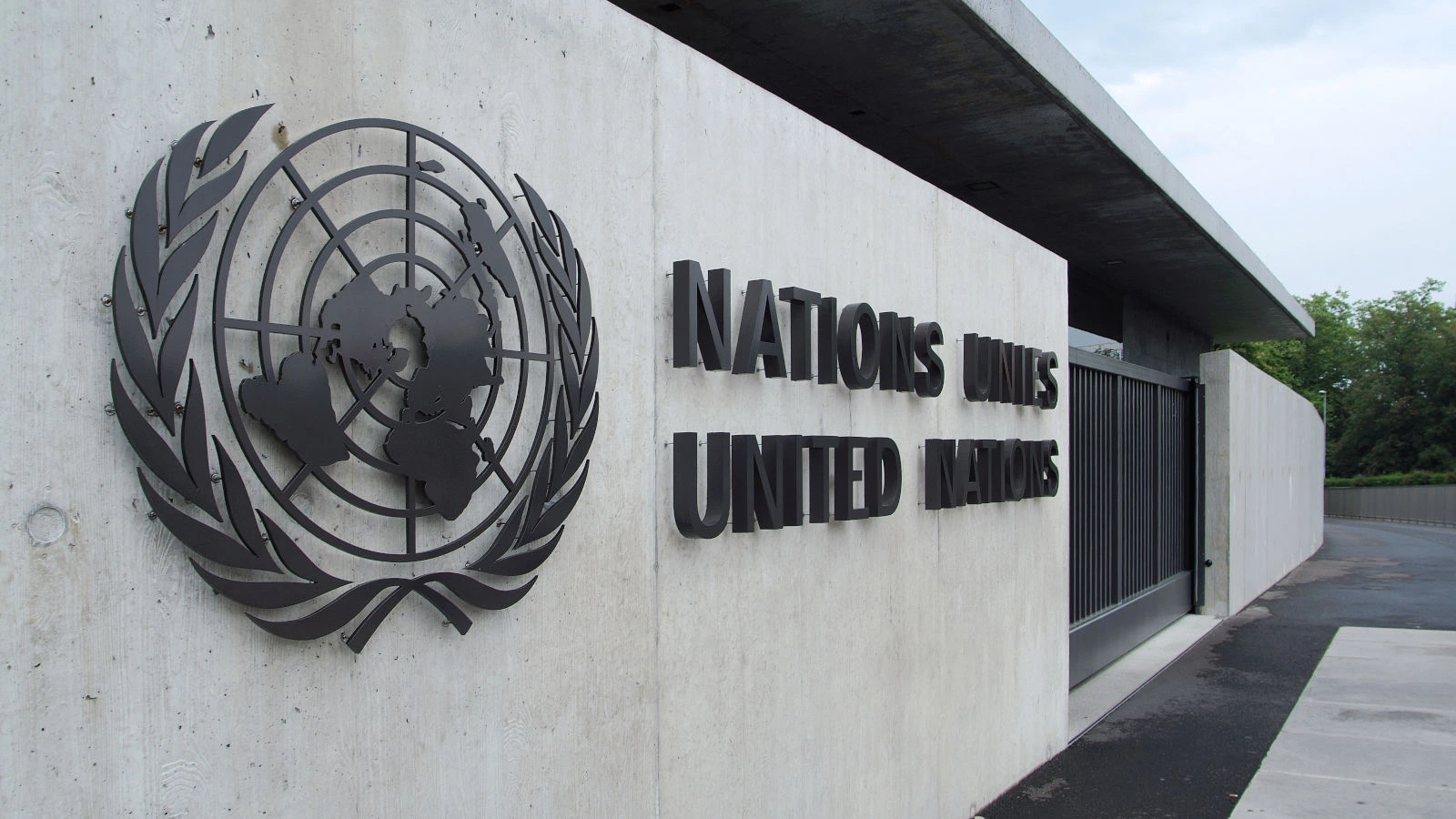The United Nations is facing pushback from multiple nations as it tries to extend its reach and decision-making power.
This resistance is fueled by worries over the UN’s potential neglect of democratic values and national independence.
The global community is now paying close attention to this matter.
During the UN’s latest SDG Summit and 78th General Assembly, a controversial political statement on pandemic readiness was up for approval.
The document was to be adopted using a ‘silence procedure’, a method criticized for its lack of safety and modern relevance.
If countries didn’t object, the declaration would pass by default.
Critics say the document is all show and no substance, lacking real commitments. Many leaders skipped the discussions altogether.

Eleven nations, including Belarus and Bolivia, voiced their objections in writing.
Their letter highlighted concerns over unfair processes, bias, and the power of vetoes to shape the agenda of the General Assembly.
A key issue was the deletion of wording from previous drafts that discouraged countries from taking independent economic actions not aligned with international law.
This change could pave the way for sanctions that might harm public health and sovereignty.
Support for the letter came from groups like the Group of 77 and China, signaling broader dissatisfaction with UN actions.
The representatives from these eleven countries contested the official adoption of the draft documents, reserving their right for further steps.
The Old Institutions
In response, UN and WHO chiefs greenlit the political statement on pandemic readiness, apparently brushing aside member states’ concerns.
This act has intensified worries about the UN’s one-sided decision-making and scant regard for international rules.
Moreover, there’s a call for sizable financial input for pandemic readiness and worldwide health.
Critics say this imposes a hefty financial load on debt-laden countries, diverting funds from crucial services such as healthcare and education.
In summary, recent events at the UN have cast a spotlight on escalating conflicts concerning sovereignty, transparency, and decision-making methods.
The UN’s recent actions raise doubts about its role in global management and its dedication to democratic values.
These unfolding situations may prompt more countries to reconsider their ongoing involvement in the UN and WHO.

